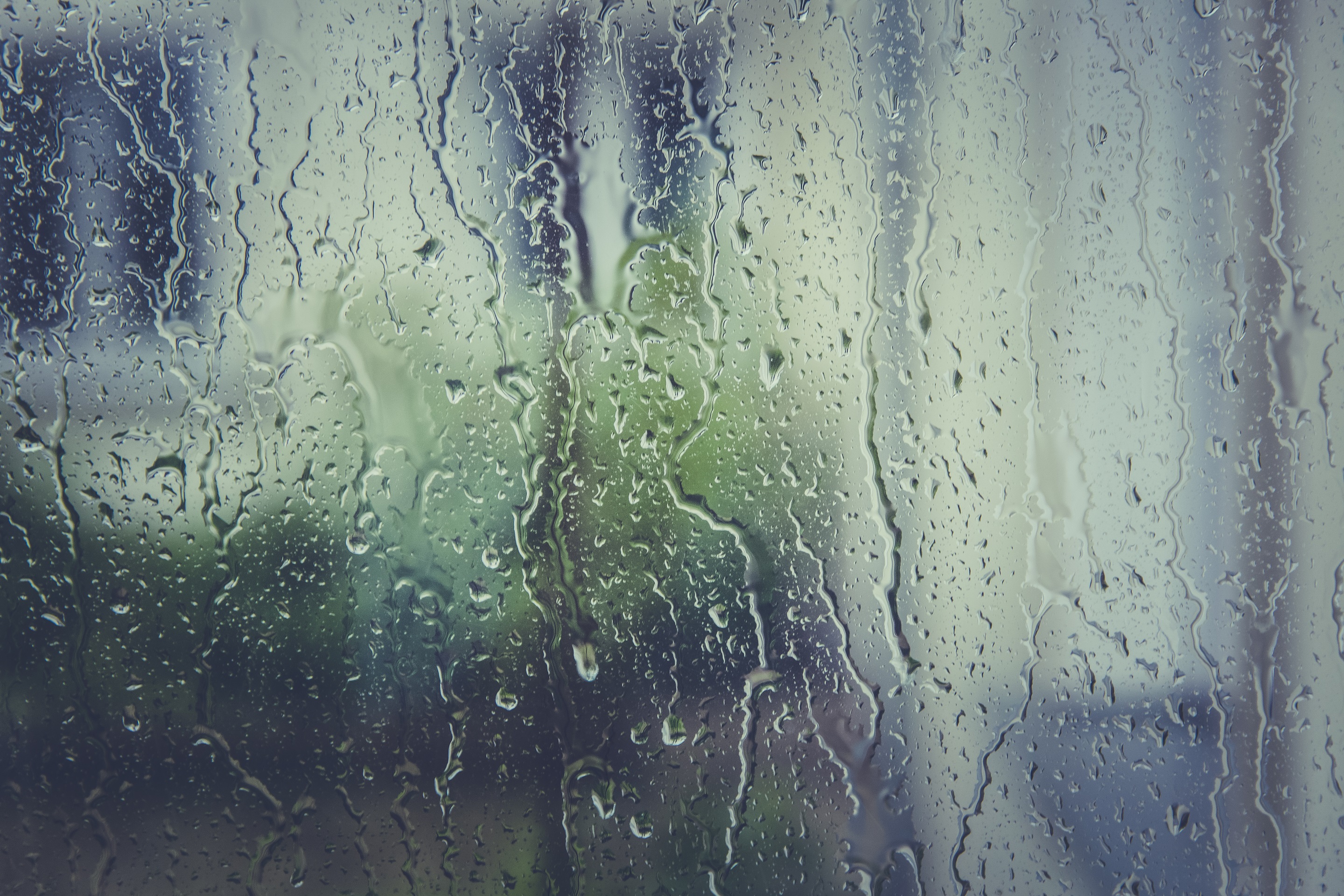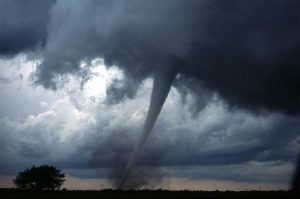How to Prepare Your Family and Your Home for an Emergency
By Great Lakes Window
Are you and your family prepared for an emergency? Is your home?
If the recent weather report has shown us nothing else, it’s that emergency preparedness should be at the forefront of every homeowner’s mind, especially in the Midwest, where tornadoes and mudslides are a real possibility.
Below are three steps you can take to ensure you, your family, and your house are prepared in case of an emergency.
1. Create a family emergency plan.
Before an emergency happens, sit down with your family and make a plan. Answer questions such as:
• If not everyone is home, where will you meet after an emergency?
• If the house needs to be evacuated, such as in the case of a fire, where is everyone meeting?
• What is the best way to evacuate each room of the house?
• Who is responsible for ensuring small children and pets get to the meeting spot safely?
• How will family members get in touch with each other in the event they are separated during an emergency?
• Who are your emergency contacts and how will you contact them?
• How will you receive emergency alerts and warnings (radio or television)?
Quiz children from time to time to keep important information fresh. They should know their home address and phone number, where the emergency meeting spot is, and a code word if a stranger will be picking them up from school or day care. Check out FEMA’s webpage on emergency preparedness for more information.
2. Make sure you have the supplies you’ll need.
In case of an emergency, you will want to be sure you have enough emergency essentials for each member of your family to survive for at least three days. This should include:
- One gallon of water per person per day
- Enough non-perishable food to last each person three days and a can opener
- Basic first aid kit that includes, at a minimum:
- Adhesive bandages
- Gauze pads and roll, and tape
- Elastic bandage
- Triple antibiotic ointment
- Pain relievers
- Alcohol pads
- Hand sanitizer
- Cotton balls
- Latex gloves
- Scissors
- Tweezers
- List of emergency numbers
- Blankets
- Flashlights
- Battery-powered radio
- Extra batteries
- Food and water for any pets in the home
This is just a minimum list—your supply list will differ somewhat as you customize it for your family’s needs. Don’t forget to include any prescription medication needed in your emergency plan.
3. Protect your home.
Preparing your home for a tornado.
There is a lot of conflicting information on whether homeowners should open windows during a tornado or keep them closed. The theory behind opening windows is that it allows the low pressure from the storm to equalize with the higher pressure inside the house. However, the risk behind opening windows during high winds is that once the high winds enter a house through an open window, the pressure can actually push the roof off. You’re better off keeping windows closed and using that time to seek shelter in a basement or windowless room.
Preparing your home for a hurricane.
If you’re given enough notice ahead of a bad storm, boarding up your windows with plywood will help prevent glass breakage. Depending on your budget, you could invest in storm shutters or hurricane fabric. Many windows and patio door companies offer impact-resistant glass, which is created by bonding two panes of glass together with a protective laminate, resulting in glass that doesn’t break into large shards. This is what is used for windshields in automobiles, and will help prevent sharp glass from being blown around.
In short.
Overall, the best thing you can do for your family and home in case of bad weather is to be prepared. Have these conversations with your family, and take the proper steps to fill your first aid kit and stock your emergency supplies ahead of time. After all, you never really know when an emergency will occur.



